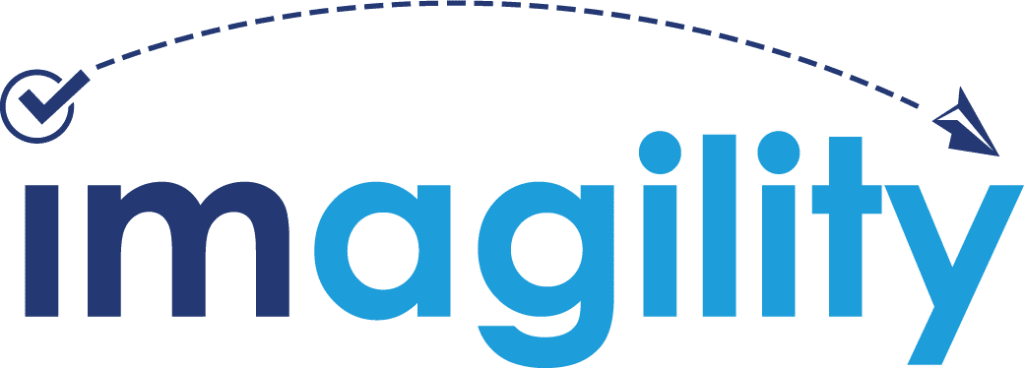The U.S. Citizenship and Immigration Services (USCIS) has introduced a substantial transformation to the H-1B registration process by implementing a “Beneficiary-Centric” approach, aiming to address issues of misuse and inequity in the system. Previously, the H-1B program faced challenges with over 75% of three-quarters of a million registrations submitted for the 85,000 available visas, leading to gaming of the system.
Under the new system for the 2025 Fiscal Year, USCIS will now select registrations based on unique beneficiaries rather than employer registrations. Each beneficiary, possessing a valid passport or travel documentation, will enter the lottery only once, irrespective of the number of registrations submitted on their behalf. If selected, all employers who submitted registrations for that beneficiary will be notified, allowing them to file an H-1B petition during the filing period starting on April 1st.
This transformation is seen as positive news for prospective H-1B temporary workers, as it levels the playing field and reduces incentives for fraudulent practices. The new approach ensures fairness by offering an equal chance of selection to individuals, whether there is one registration or multiple registrations filed on their behalf. While legitimate multiple registrations are not prohibited, the revised system significantly diminishes the potential for gaming the system solely to enhance the odds of selection.
For employers, the Beneficiary-Centric system presents a mixed bag of changes. On the positive side, it grants all employers equal opportunities to sponsor critically needed foreign talent, and with fewer registrations, the process is expected to be less hectic. However, concerns linger about potential scenarios where significant resources are invested in an individual who decides to work for another employer. Despite recommendations for USCIS to provide notice to all employers filing registrations for a selected individual with multiple registrations, the agency declined, emphasizing that it is a matter to be addressed directly between the employer and employee.
Employers should also be aware of USCIS’ increased authority to deny or revoke cap-subject H-1B petitions containing false information or other invalid details. While AILA’s request for an exception process was declined, employers are reminded of the importance of accuracy in the registration process.
Additionally, the final rule confirms that an approved H-1B petition can remain valid even if another petition for the same beneficiary is subsequently approved. However, employers should consider their responsibilities regarding petition amendments or withdrawals when an individual holds multiple approved H-1B petitions and experiences changes in their employment circumstances.
The Beneficiary-Centric H-1B registration system represents USCIS’ effort to enhance the registration process and ensure submissions align with genuine employment intentions. While its effectiveness will be assessed in the coming weeks, it stands as a notable improvement over the previous system. With legislative changes to the H-1B visa category seeming distant, administrative enhancements become crucial for the program to better serve the national interest.
Source: AILA



















